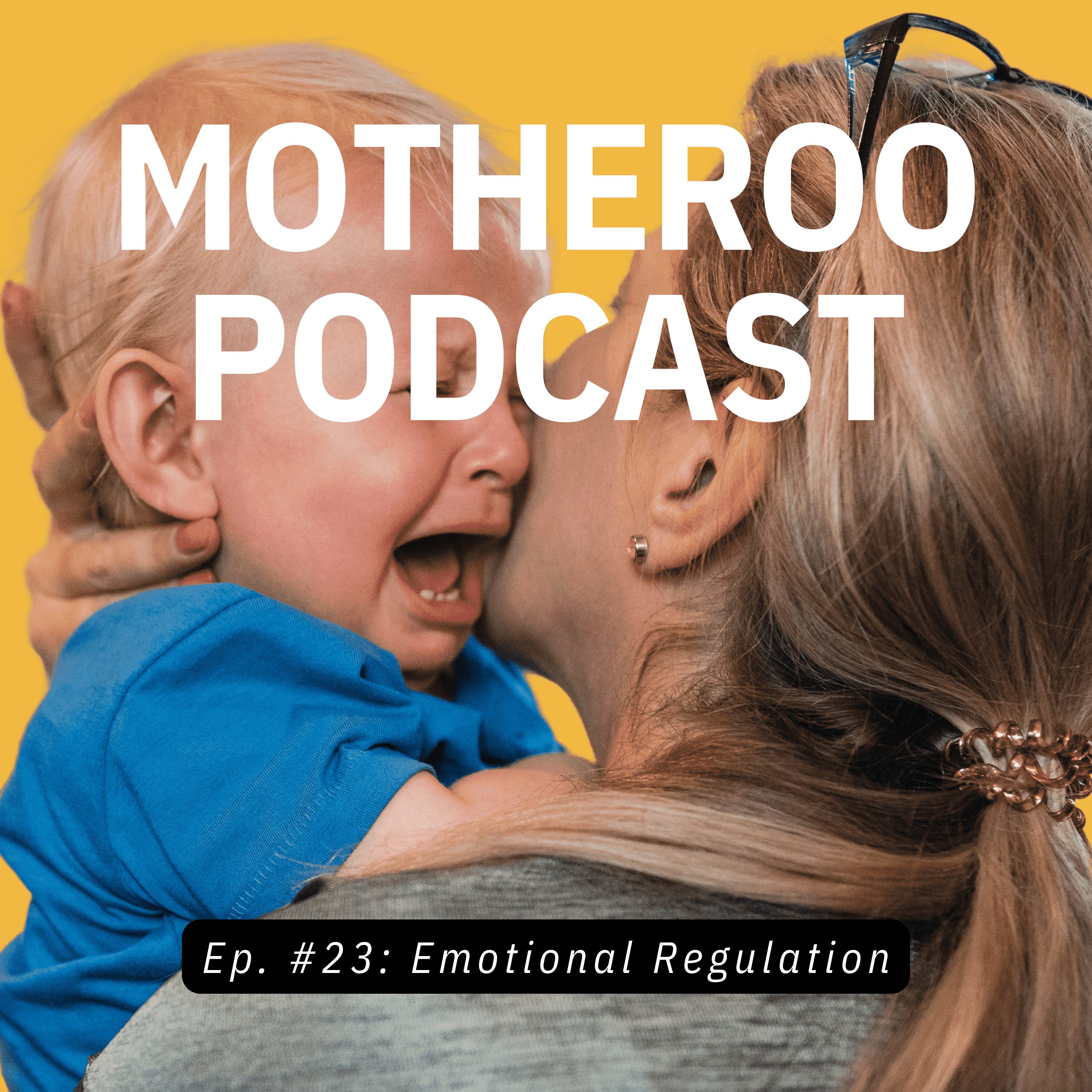The Impact of Maternal Affection in Infancy on Adult Emotional Well-being. Early maternal affection plays a crucial role in shaping an individual’s emotional well-being throughout their lifetime. A landmark study by Maselko et al. (2011) provides compelling evidence for the long-term benefits of maternal affection during infancy on adult emotional health[1]. This article examines the importance of early maternal affection, its benefits, and potential strategies for promoting positive mother-infant interactions.
Importance of Early Maternal Affection
The first few months of life represent a critical period for infant development, during which the foundations for future emotional regulation and resilience are established. Maselko et al.’s study demonstrates that the quality of maternal affection at 8 months of age has significant implications for emotional distress in adulthood[1].
This finding aligns with attachment theory, which posits that early nurturing relationships provide a secure base for children to explore the world and develop healthy emotional regulation strategies[2]. The study’s results underscore the enduring impact of early life experiences on adult mental health, highlighting the importance of supporting positive mother-infant interactions during this crucial developmental period.
Benefits of Maternal Affection
Maselko et al.’s research revealed several key benefits of high levels of maternal affection in infancy:
- Lower levels of adult distress: Individuals who received high levels of maternal affection at 8 months showed significantly lower levels of overall distress in adulthood[1].
- Reduced anxiety: The strongest association was found with the anxiety subscale, suggesting that early maternal affection may be particularly protective against the development of anxiety disorders[1].
- Improved emotional regulation: High levels of maternal affection likely facilitate secure attachment, enabling children to develop effective strategies for emotional regulation[3].
- Enhanced stress resilience: Early nurturing experiences may contribute to the development of more adaptive stress response systems, promoting resilience in the face of life’s challenges[4].
- Better social skills: Secure attachment fostered by maternal affection has been linked to improved peer interactions and social functioning in adulthood[5].
Strategies for Promoting Positive Mother-Infant Interactions
Given the significant long-term benefits of maternal affection, it is essential to develop and implement strategies that support positive mother-infant interactions. Some evidence-based approaches include:
- Skin-to-skin contact: Encouraging mothers to engage in frequent skin-to-skin contact with their infants can promote bonding and stimulate the release of oxytocin, a hormone associated with attachment and stress reduction[6].
- Responsive caregiving: Training mothers to recognize and respond promptly to their infants’ cues can enhance the quality of mother-infant interactions and promote secure attachment.
- Infant massage: Teaching mothers infant massage techniques can facilitate physical and emotional bonding while reducing stress for both mother and baby.
- Parenting education programs: Implementing evidence-based parenting programs that focus on enhancing maternal sensitivity and responsiveness can improve the quality of mother-infant interactions.
- Addressing maternal mental health: Screening for and treating maternal mental health issues, such as postpartum depression, can help ensure that mothers are emotionally available to provide affection to their infants.
Conclusion
The study by Maselko et al. (2011) provides compelling evidence for the long-lasting impact of maternal affection in infancy on adult emotional well-being. These findings underscore the importance of supporting positive mother-infant interactions during the critical early months of life. By implementing evidence-based strategies to promote maternal affection and responsiveness, we can potentially improve long-term mental health outcomes and overall quality of life for future generations.
As healthcare professionals and policymakers, it is crucial to prioritize interventions that support early parent-child relationships and create environments conducive to secure attachment. Investing in the emotional well-being of infants and their caregivers can yield significant benefits not only for individuals but for society as a whole.
Citations:
[1] https://globalhealth.duke.edu/news/study-finds-mothers-affection-infancy-predicts-emotional-distress-adulthood
[2] https://pubmed.ncbi.nlm.nih.gov/20660942/
[3] https://pmc.ncbi.nlm.nih.gov/articles/PMC3118641/
[4] https://www.nursingtimes.net/news/behind-the-headlines-archive/maternal-affection-and-adult-stress-08-08-2010/
[5] https://www.gottman.com/blog/how-a-parents-affection-shapes-a-childs-happiness-for-life/
[6] https://pmc.ncbi.nlm.nih.gov/articles/PMC5330336/











